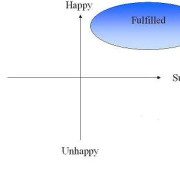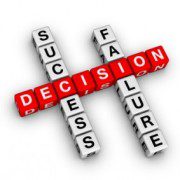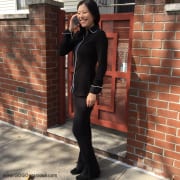Freedom to choose
It’s been a busy weekend at the Fleming-Brown household. One of my dogs, Jake, is the most cowardly animal I’ve ever met when it comes to thunderstorms — and the most wily. Both dogs sleep downstairs in crates, mostly because my cat would become a canape if they were allowed free reign at night. We’ve been having thunderstorms in Atlanta lately, and Jake has become an escape artist extraordinaire. Despite latches at the top and bottom of the door and reinforcements added on a daily basis, Jake has learned to escape his crate. (Had I been his first family, with naming privileges, I would have named him Houdini, since the Crate Escape is just the latest in a long line of breaks.) I don’t know why he wants to escape, and my guess is that he doesn’t either. He hears a clap of thunder, and his reaction is, I gotta get out of here!
I’d decided to write on the theme of freedom this week, in honor of July 4, and today’s post is particularly motivated by Jake.
Stephen Covey, perhaps best known as the author of The Seven Habits of Highly Effective People, said this about freedom: “Between stimulus and response is our greatest power – the freedom to choose.”
How often do you react, and how often do you respond?
Reaction imples knee-jerk action, with little or no thought — perhaps when you discover that something has gone wrong with a case, that there’s a deadline looming and you’ll have to work all night, or that a client was irritated by a sloppy error, and you react by shooting the messenger? At the risk of comparing a lawyer with my dog, Jake lives in reaction mode. Thunder = run for him, period.
Responding suggests allowing enough space to consider the consequences and implications of action and then choosing: given the same bad news, you might respond by swinging into problem-solving mode rather than anger.
Just about everyone is more likely to react when stressed, tired, or otherwise not operating at peak levels. Fortunately, there’s a single action that you can take to build in a pause and an opportunity to respond, almost regardless of the provocation. (I’m excluding physical provocation here.)
Take a deep breath.
Just breathing will create a break between action and reaction/response. During that break, you can choose whether fight/flight/argument/acquiesence and you can consider what response will be likely to move you toward your goal. You might shoot the messenger anyway, of course: we all make choices we regret even after thinking them through. But you will have created the opportunity to make a conscious decision, increasing the chances of a response you won’t regret. ◊












Leave a Reply
Want to join the discussion?Feel free to contribute!